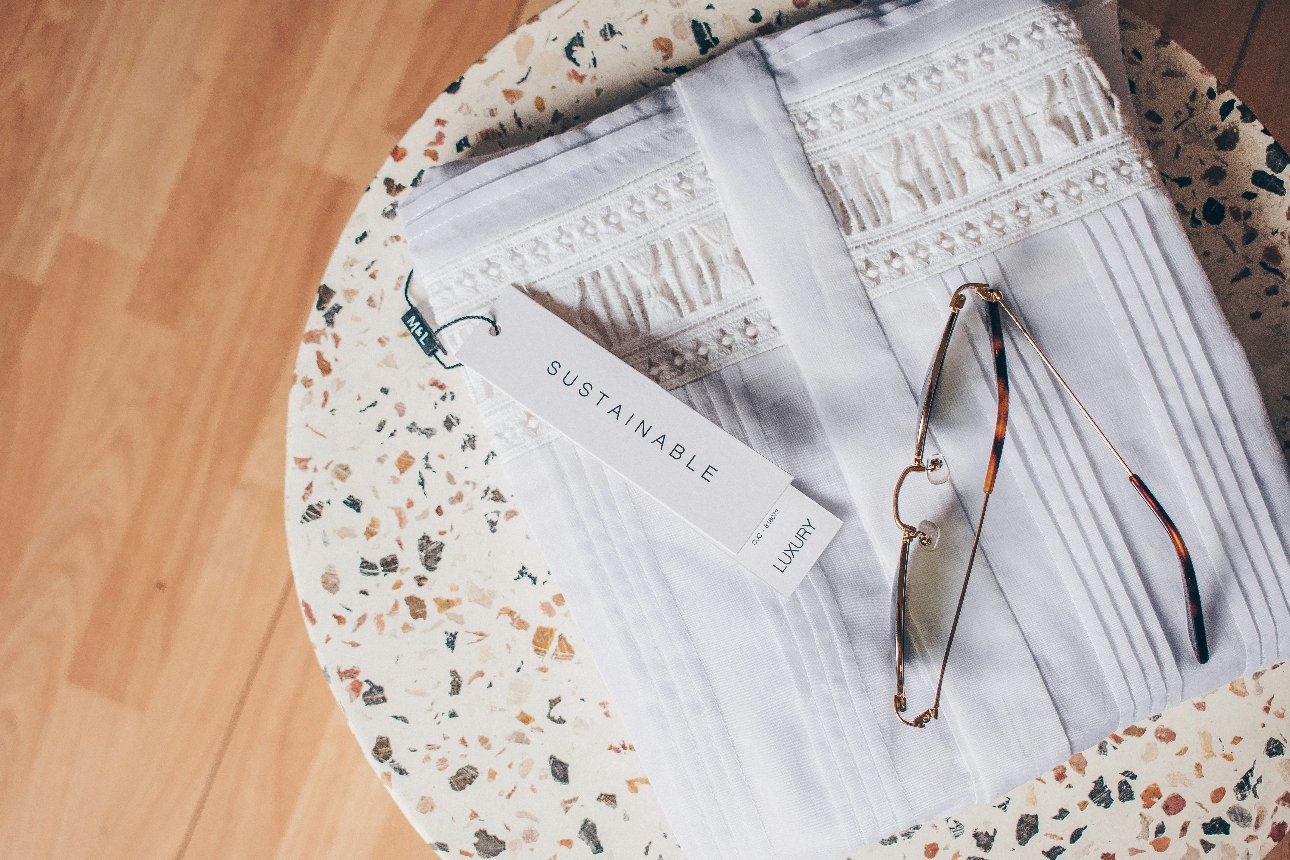
Almost half (48 percent) said that they are extremely concerned about their business' use of polybags such as carrier and garment bags, the majority of which are used for merchandise bought on-line, and the damage they cause to the environment. According to global innovation platform Fashion for Good, the fashion industry uses around 180 billion polybags every year.
SUSTAINABLE MATERIALS
The report showed that plastic use ranked third in the top factors impacting the environmental performance of their business, with only the energy efficiency of operations and the sourcing of merchandise which uses sustainable materials rated more important. The research also showed that of the steps taken to reduce the amount of plastic packaging used, 77 percent have folded items differently, 59 percent have removed unnecessary types of packaging and 46 percent have changed the packaging type. To help reduce plastic packaging pollution Aquapak has developed Hydropol™, a unique new polymer which is soluble and non-toxic to marine life. Hydropol™can be used as an alternative to conventional plastic in a wide variety of applications as it provides the same functionality and performance but without the associated environmental problems. It is currently used to make products such as garment bags, offering all the necessary features of traditional polybags: strength and puncture resistance; clarity of film; and protection from leakages and dirt.
NEW MATERIALS
Crucially, Hydropol garment bags present zero end-of-life issues for consumers and brands. They can be disposed of in existing domestic waste streams without contaminating other recyclable products or they can be dissolved immediately in hot water at home without producing harmful micro-plastics. They are also compostable, and degrade harmlessly on land or in the ocean. Mark Lapping, CEO of Aquapak, comments: "Our study shows that there is a commitment at the highest level in the fashion industry to stop using plastic. Brands and retailers are already taking steps to reduce their dependency on plastic packaging, but the pace of change could be much faster. New materials exist which perform in exactly the same way as plastic, providing garment and merchandise protection but do not have any of the environmental problems associated with it. Aquapak is already working with several early-adopter fashion companies who are determined to drive a significant change in their industry by embracing upstream innovation in packaging.
To find out more, visit www.aquapakpolymers.com